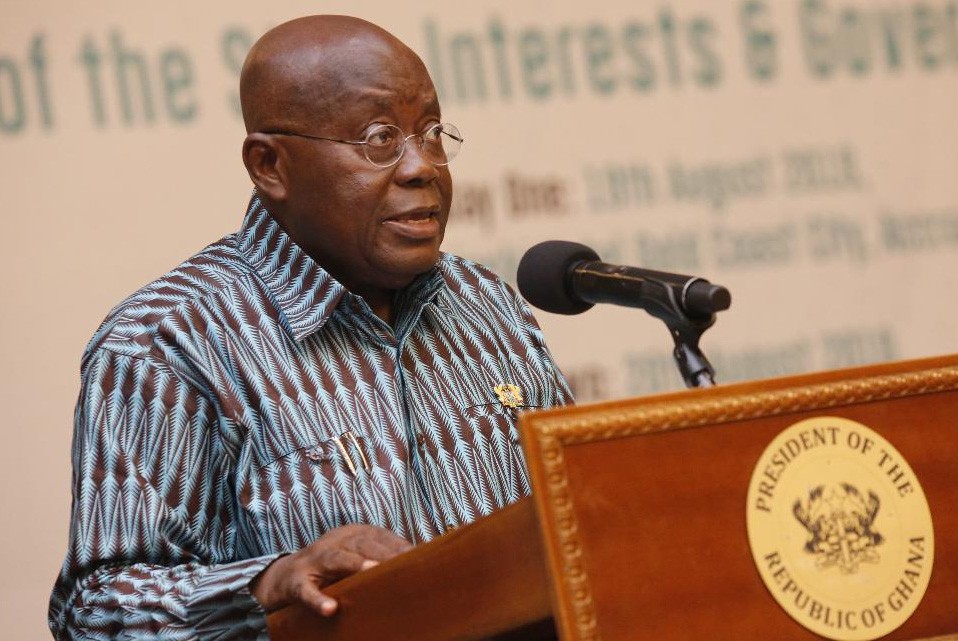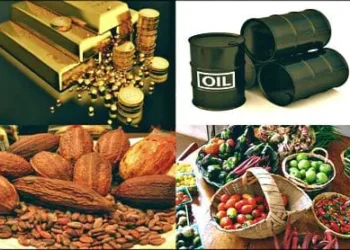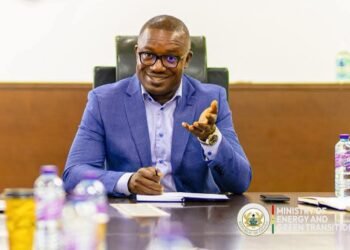Professor Peter Quartey, an Economist and Director of the Institute of Statistical, Social and Economic Research (ISSER), has disagreed with Moody’s latest projection that Ghana’s economy will end the year 2021 with a debt to GDP ratio of 80 percent.
Professor Quartey told the Vaultz news that he is of the firm belief that Moody’s did not take into consideration the recent development in the country before making the projections. He was of the view that debt will not reach such an unsustainable level at the end of the year.
“I think it’s on the high side because I don’t think they have factored in the fact that the economy is gradually opening up, and revenue generation is increasing. GRA has met its revenue targets and if that will continue then we are likely to raise more revenues domestically and be less reliant on borrowing. I wouldn’t expect us to go beyond 73 percent; at least we should hover around 71-73 percent”.
Prof. Quartey
Professor Quartey explained that since the debt is expressed as a ratio of the country’s GDP, then “if you grow your GDP and do things that will open up the economy the ratio might not increase astronomically as has been projected”.
As to how creepy it will be for the country should the current projections materialized, the ISSER Director said “It will depend on what it’s [the money borrowed] used for”. According to him, even if the country’s debt hits 80 percent and the monies borrowed are put to good use to generate higher returns to pay off the debt then that won’t be a problem.
The country’s Debt-to-GDP ratio currently stands at 71 percent as of September 2020. Nevertheless, Professor Quartey expressed worry about the current debt levels in the country as he indicated that once a country’s debt goes beyond the 70 percent threshold then it raises concerns.
“That is why it’s not the best option to borrow. But 80 percent is high; if one could raise more revenues from domestic sources, it’s better. So, the option will be less borrowing and also raising domestic revenue”.
On a whole, the ISSER Director conveyed much optimism in the Ghanaian economy this year with high expectations of a better performance than last year. He, however, warned that this will depend to a large extent on how well the economy will be managed as well as how strictly COVID-19 protocols will be observed to prevent the spread of the virus so as not to warrant the imposition of another lockdown.
“I’m optimistic that we will grow at a much higher rate in 2021 than in 2020”.
Also commenting on the President’s declaration of 2021 as the second year of roads which some people believe is out of place due to the limited fiscal space, Professor Quartey stated that the President’s comments were not out of place since roads play a major role in the economy.

“We have made some base expenditures already so we could then chart funds into infrastructure. No matter what, we need access to roads otherwise, food cannot be channeled from one end to the other and we cannot move from one place to the other.
“We certainly need roads. The President’s declaration is not out of place at all. Some of the roads may not have been completed, some have not been started at all and some are in deplorable conditions, so it’s not out of place at all”.
Prof. Quartey
He pointed out that the government will have to raise money from domestic sources to finance some of the roads. He further revealed that Ghana is yet to get the rest of the $2 billion agreement signed between Ghana and China in which rail, road, and bridge networks are to be exchanged for 5% of Ghana’s bauxite reserves.
“They didn’t get all of those loans so I believe if they can get the rest of that money and also raise money domestically, we should see some road infrastructure. Certainly, some of them will be captured in 2020. Every year some road construction will be captured in the budget. Since independence, every year there will be road construction. So, yes, the second year of roads will also have to be captured in the 2021 budget”.























